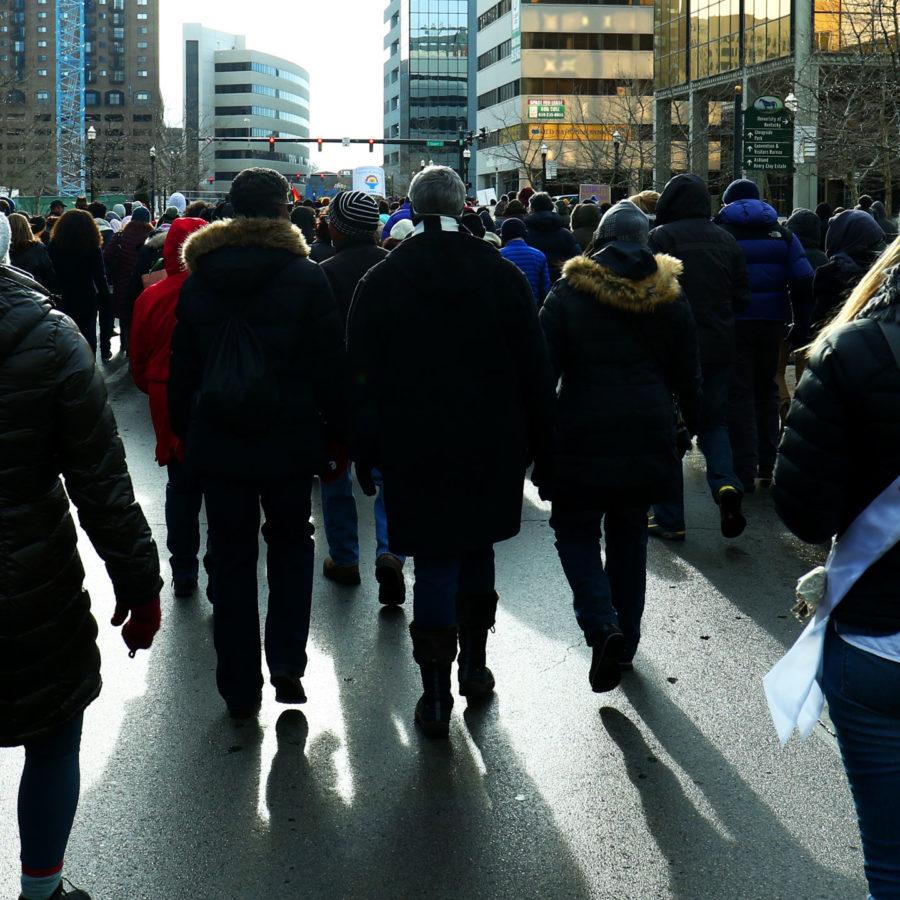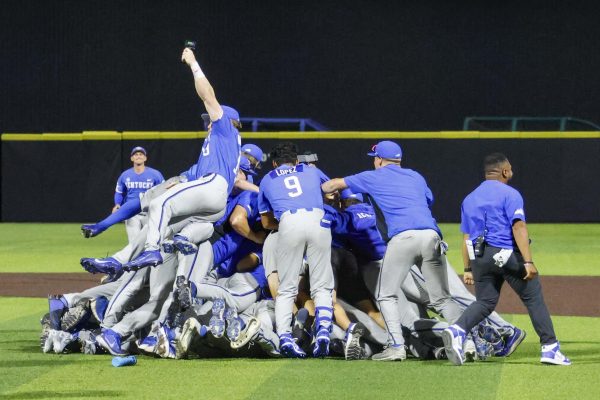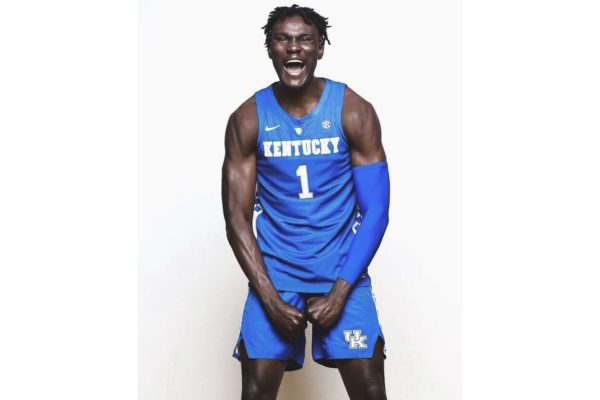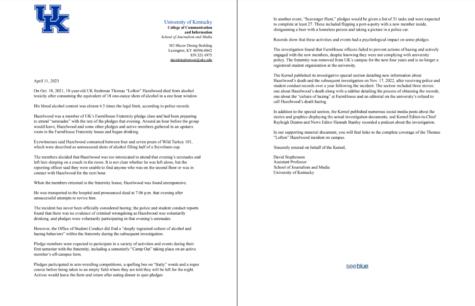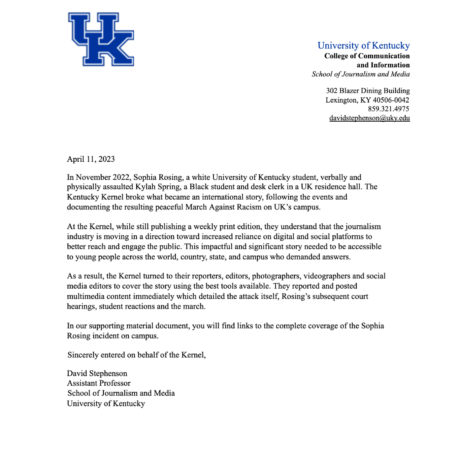Martin Luther King Jr.’s politically “incorrect” legacy
January 16, 2018
Let’s stop whitewashing and depoliticizing Martin Luther King Jr.’s legacy.
Today, King is one of the most celebrated figures in American history by people of all political affiliations and backgrounds. Schools teach King as a man of peace, a man beloved by all. One of the greatest injustices, in my opinion, is that we do not teach or even mention King’s unpopularity during the 1960s.
King’s famous march on Washington, D.C., in 1963 was viewed unfavorably by 60 percent of Americans at the time. The majority of Americans did not want African Americans to protest and stand up for themselves, for according to them, it would just cause disruption and accomplish nothing.
The FBI wiretapped King’s phones and anonymously sent him a letter to get him to commit suicide– all to protect the status quo. The FBI saw King as a threat on many fronts; they thought he had ties to communism and that his speeches and persona would cause African Americans to disrupt the American way of life. The American government’s efforts to undermine King are some of the worst stains on modern American history and at the same time, rarely talked about.
Another aspect of King that is not discussed as often as it should are his letters written in Birmingham Jail. King was arrested for protesting after a court had forbidden him from holding protests in Birmingham, a clear violation of the first amendment, but that is beside the point. Those letters he wrote expertly articulated his stance on nonviolent protests and the problems of this country. King expressed that one of the biggest obstacles to equality and justice for African Americans is the “white moderate.” He writes,
“I have almost reached the regrettable conclusion that the Negro’s great stumbling block in his stride toward freedom is not the White Citizen’s Council-er or the Ku Klux Klanner, but the white moderate, who is more devoted to “order” than to justice; who prefers a negative peace which is the absence of tension to a positive peace which is the presence of justice; who constantly says: ‘I agree with you in the goal you seek, but I cannot agree with your methods of direct action.’”
His words ring true even today. Objectively, white people in this country have more privilege than people of other races. No one is blaming them for having that privilege, for they were just lucky to be born white.
However, King criticizes the white moderates for not using their privilege to help those who are discriminated against and those who have fewer rights. Even today, black people in this country face higher amounts of discrimination and incarceration.
Black Lives Matter and protests from figures like Colin Kaepernick aim to bring attention to those injustices today. However, both BLM and Kaepernick are highly controversial and unpopular figures today, just as King was in the 1960s.
Honor King’s legacy by fighting for what’s right and by not believing the “textbook” version that is presented to him. Honor him by calling out people who honor Martin Luther King Jr., but walk out of an NFL game when players peacefully kneel during the National Anthem or who compare Black Lives Matter to the Ku Klux Klan.
Remember him for who he really was.









































































































































